We’re pleased to bring you the second in a series of candid, in-depth interviews with this year’s Sirens Guests of Honor. We’re covering a variety of topics relevant to Sirens with each author, from their inspirations, influences, and craft, to the role of women in fantasy literature, and discussing our 2018 theme of reunion, as well as the themes of our previous four years: hauntings, rebels and revolutionaries, lovers, and women who work magic. We hope these conversations will be a prelude to the ones our attendees will be having in Beaver Creek this October! Today, Amy Tenbrink interviews our second guest of honor, Kameron Hurley.
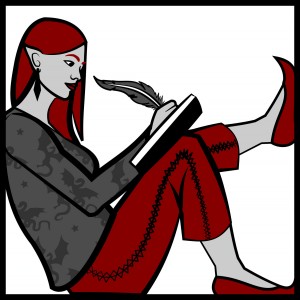
AMY: In a recent series of tweets, you said, “The older I get, the more I feel an artist ruins a piece of work by being expected to talk about it endlessly … The audience brings half the experience to the work. All this creator bloviating takes that away from them.” Edith Wharton once said something similar, that in reading and writing ghost stories, she was conscious of a “common medium” between author and reader, where the reader actually “meet[s] [the author] halfway among the primeval shadows ….” As you gear up for another book release, and all the promotional time and energy that that requires, what are your thoughts on the intellectual, emotional, and experiential exchange between writers and readers?

KAMERON: I don’t recall where I first read that half of the reading experience comes from the reader themselves, but I’ve seen this truth borne out time and again. There are many books I’ve read and adored at a certain time in my life that would have meant nothing to me before or after that time. I remember talking to people about the short story by Ted Chiang, “Story of Your Life,” and the movie based on it, Arrival, and not understanding why there were people who didn’t find it brilliant and cathartic. What I realized, on speaking to others, is that you either connected with the emotional truth of the film, or you didn’t. That work evoked the feeling of knowing how difficult and hard and painful and tragic life is but doing it anyway. It’s the feeling that even knowing what you know now … that you would still make the same choices. And that simply didn’t connect with some people. In a discussion with my agent about the book Twilight, she noted that what it did very well was convey the feeling of being in love for the first time. This surprised me, because the book hadn’t connected with me at all. I couldn’t get into it. When she said that, though, it occurred to me that maybe I hadn’t connected with it because I simply didn’t share that feeling; it didn’t convey that feeling to me; it didn’t resonate with my experience.
This is why you can have novels that get a thousand five star reviews and a thousand one star reviews, and how you can get novels that … well, simply have no reviews, or only middling reviews, because they didn’t connect with anyone on any level.
I’ve also found that I’ve been able to go back to works that I didn’t connect with or understand when I was younger, and have found them much more evocative on second attempt. One of those was Joanna Russ’s book, The Female Man. I tried to read it when I just turned twenty and kept bouncing off it. But when I came back to it as I neared thirty, it connected. I’d experienced enough sexism in my life by then that I totally got it.
As you noted, I have less of an interest in speaking deeply about the particular meaning my own work has to me in case it contradicts what a reader took away from it. Don’t get me wrong. Sometimes that’s important. There are readings of my work that make me think someone was reading something entirely different from a completely different political perspective. But hey, all I can do is hope that they return to the work after a decade or so and find something different in it. That’s probably the real magic of any creative work, that its meaning for you, as a reader, a viewer, can change depending on when you experience it. Just telling someone, “The Female Man is about sexism,” isn’t going to get them to connect with it. They have to come to it on their own.
AMY: The thing I admire most about your work—and I admire many, many things about your work—is that it’s so very unflinching. It is unafraid of conflict, not only between characters, but between the work and the reader. Its presentation of topics such as gender, sexuality, and abuse are, frankly, challenging in their naked honesty—and in their great aspiration. I find your work quite similar, in that way, to the works of authors like Carmen Maria Machado, with her very fuck-you feminist approach, and Sarah Pinborough, with her brutal truth-telling. How much of this do you draw from yourself, and what is it like for you, as a writer, to put pieces of yourself—your hope, your rage, your grief—on the page?
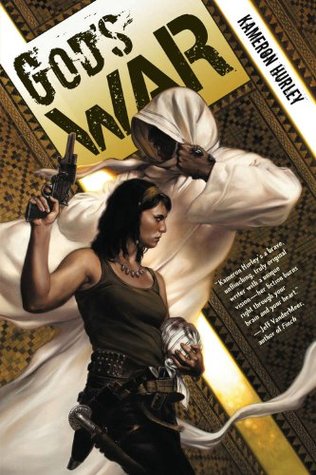
KAMERON: Every great writer puts pieces of themselves on the page. For many of us, this is how we process our own experiences, emotions, and impressions, whether that’s in response to something we have done ourselves or something we’ve seen, read, or heard about from others. War and genocide feature heavily in my work; I’ve never been to war, nor been the target of genocide, but I was watched after often by my grandparents. My grandmother grew up in Nazi-occupied France, and my grandfather’s primary duty after the war was driving truckfuls of bodies out of concentration camps. Most of my family has served in the military, many of my friends. Violence, addiction, family tension, abuse, mental illness, are all things that my extended family has struggled with. My grandmother’s house was the center of the universe for my father’s side of the family, so all of the trauma and grief experienced by that side of the family came through there. I either saw it or heard about it. So while my parents kept us fairly safe and coddled out in the country in the evenings, during the day, until I was twelve or so, we were intrinsically connected to what was, on the face of it, a pretty complicated family bound by love, abuse, addiction, and mental illness. Nothing but love to them all, but whew! Looking back, we were all a hot mess.
As a kid, you don’t know that, of course. It’s just how your family is. Your grandpa grabs you by the hair and knocks your head against the wall. He throws your cousin down the stairs. He calls your aunts whores. Your grandma throws plates and runs after you with a wooden spoon. All strung together like that, it looks like a horrifying life, but the truth is that human beings are complicated. There was always essential love in our grandma’s house. We always knew we were loved and wanted. When my cousins came out as lesbian and me as bisexual, my grandmother the hardcore Catholic thought that was fascinating more than anything; it allowed her to imagine how things could be different. She got a kick out of it, I think. When I look back now I see how isolated she must have been. She had to teach herself English when she finally came to America with my grandfather. People made fun of her accent. She would have my dad go with her to doctor’s appointments so the doctors would take her seriously. She had bouts of deep depression where she’d close all the curtains in the house and just call all her kids and cry about how unloved she felt.
But oh, there was love! She crafted creative lunches for us every day, filled the pool outside and let us romp around the garden and run the hose to fill up puddles in the yard for our GI Joes and My Little Ponies. We were treasures, to her. This dichotomy, this darkness and light, has always fascinated me. It’s something I explore a lot in my fiction, certainly: these abusive families who still care fiercely for one another, but don’t have the tools to love properly, and these human beings who have all the best and all the worst of what makes us human, and who muddle along trying to find their way.
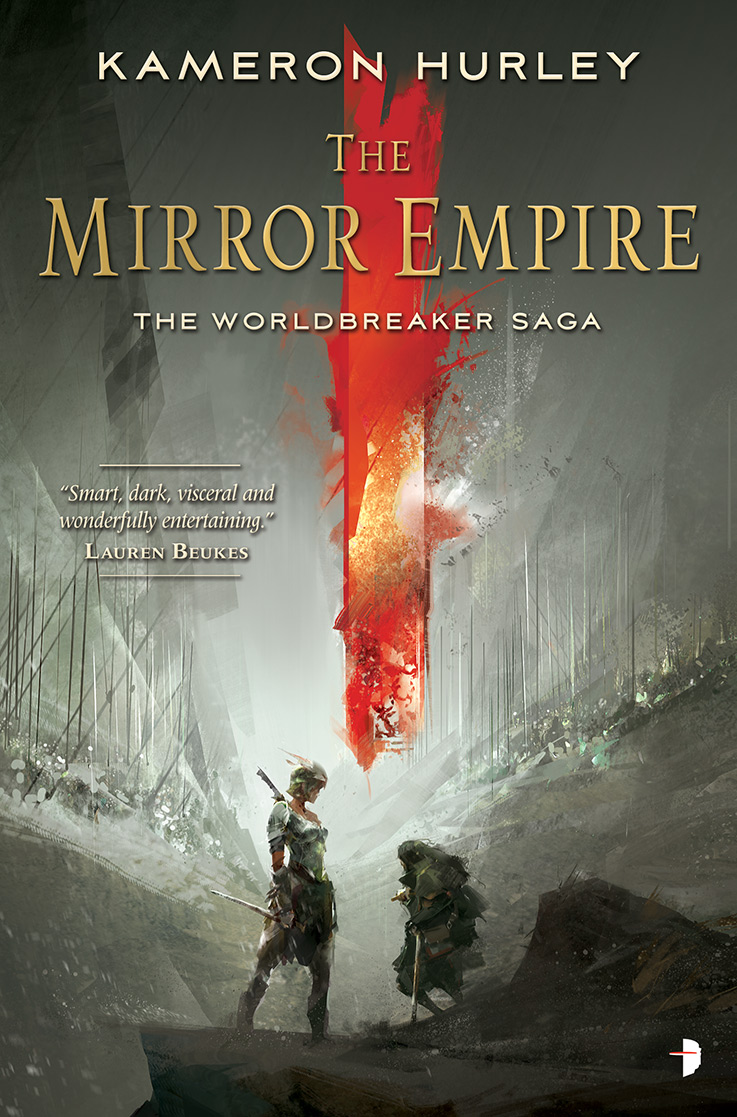
I grew up white and middle class, and believed wholeheartedly in the myth of fairness and equality. “A woman can be anything,” my mom told me, often, “she can even be president!” My parents said, “If you just go to work every day, and work hard, you’ll be rewarded. You’ll make it.” And while I felt I was treated just the same as anyone else in my immediate family, once I went out into the world I was shocked, grief-stricken, and then profoundly angry about the lie I’d been told about fairness and merit. White families like mine can yammer on all day about how life is fair, but it doesn’t make it true. I understood this, as a woman, once I joined the workplace and was treated not as someone with merit, but as, simply, a woman. I was a woman first to the world. I went away to grad school in South Africa, which effectively opened my eyes to the bigotry and racism in our own country. It’s funny, how so many of those who are privileged in certain ways, as I am, have to step outside their own experience, their own family, their own country, to see the world for what it truly is. Travel was transformative for me in the same way that reading fiction has been. It allows me to transport myself someplace really different. To not only imagine, but to see, truly see, the world around me.
I went through a period after the election where it was difficult for me to write anything that was emotionally resonant, for me. The experience of writing is very often a cathartic one where I’m drawing on and processing real emotions that I’ve translated onto the page for my characters. After the election I didn’t want to feel anything at all, so I spent a lot of time just going through the motions. There were words there, but nothing behind them. Nothing mattered. I had to stop the book I was writing and take a break. When I returned, I began a new project, and whenever I got stuck, I consciously pulled on my own real experiences, on the things that interested me. I made myself feel those experiences again, through the lens of the characters, and it made for a much more powerful book that may be my best work to date. We’ll see what folks think when The Light Brigade comes out in March.
So yes, of course, I’m there on the page. So is my family. The people I’ve encountered. The joys and horrors I’ve read about. You take it all in, you remix it, you try and understand it. That’s really all storytelling is: trying to make sense of this wacky world we got born into.
AMY: Your work is tremendously ambitious. The Stars Are Legion is often summarized as “lesbians in space,” and while it certainly is that, I find that description shockingly simplistic for such a rich, vibrant story of a panoply of women that also interrogates a panoply of issues—love, power, revenge, motherhood—from a uniquely female perspective. Your work’s structures, from the gloriously unreliable point-of-view characters in The Stars Are Legion to the sheer complexity of the narration in the Worldbreaker Saga, are necessarily and unusually complicated. Your fantasy worlds, cultures, and societies are minutely detailed: You consider the impact that your fantasy-world creations have on the functioning of society, such as, as you’ve mentioned, what consent looks like in a consent-based society. Would you please share a bit about your writing process? How much of what you do is research or brainstorming? How do you get all of this from your head to the page?
KAMERON: I do a lot of research up front to get the gears turning, then research during the revision process to fill things out, to lend the book some color, some vibrancy, to find those telling details that make a scene or a person memorable.
I tend to look at the writing process like an oil painting. You do an underpainting first, then a second or third layer of increasing detail, and a final finishing layer where you’re adding highlights and low lights.
In the initial research phase I’m often just collecting quotes and anecdotes and ideas from books, articles, random tweets, memes, snippets of dialogue, all of those things. I generally have a character and a “big idea” in mind first, and I’ve learned that the next best step after that is to figure out what they want and what I want their emotional journey to be. That part of the process I used to never figure out until the end, which was an exhausting and backward way to write. I ended up spending a lot more time in revision when I did that. I had to learn that “plot” isn’t just “things happen” but how events unfold that impact the emotional journey or emotional state of the character. What’s their essential emotional wound or emotional driving force? Those deep emotions—a driving force, a wound, a passion—are really key, for me, in whether or not a story or novel of mine works.
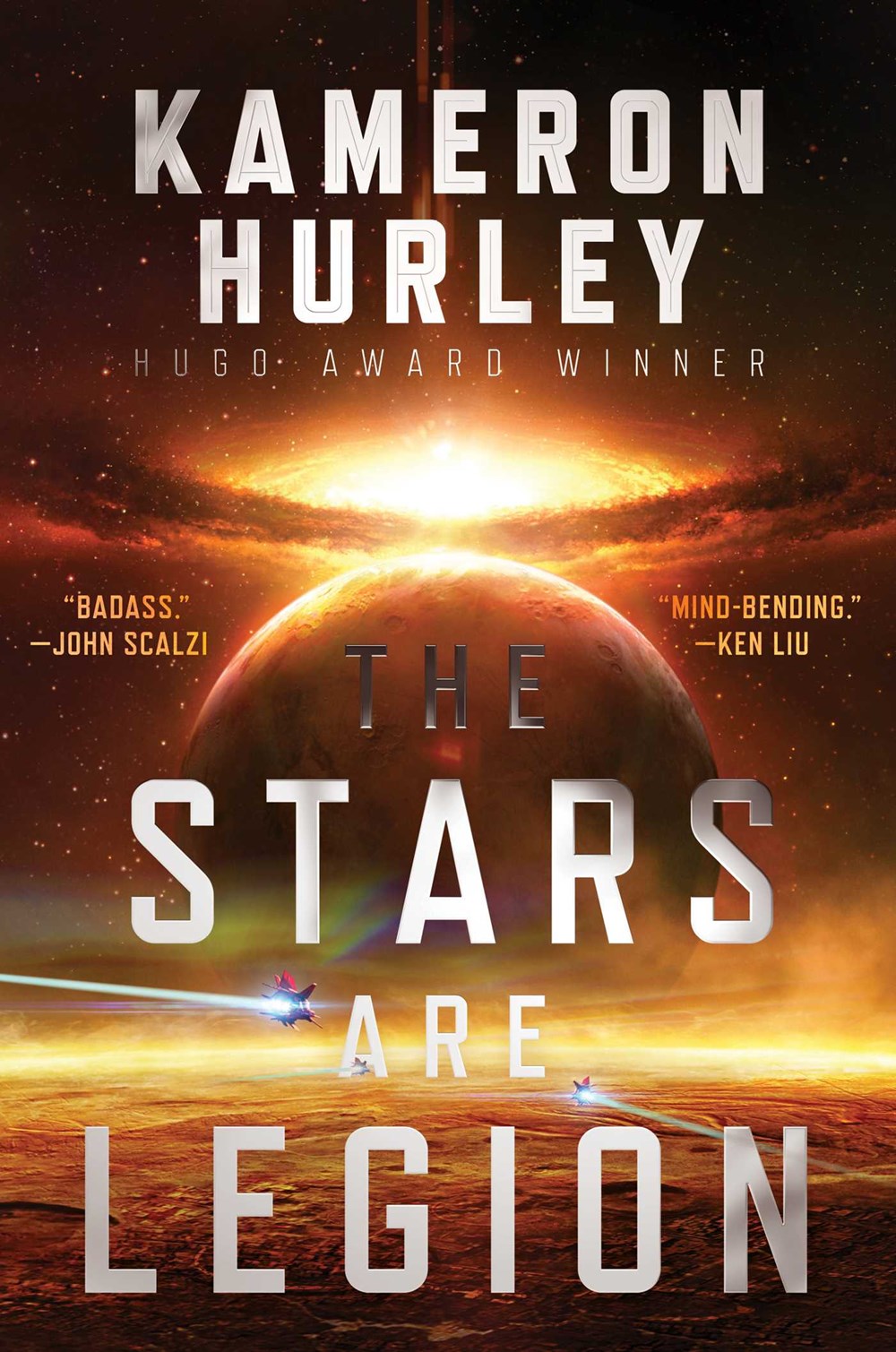
A novel like The Stars are Legion could be summed up as, sure, lesbians in space, or an abortion allegory, or a sentient organic worldship adventure, or simply “a space opera” and in fact, it’s all of those things. But the core emotional journey, the question it asks, is if we are more than the sum of our memories; if evil truly is capable of change, and if some abuses are simply too much for a relationship to recover from (spoilers: yes). That is the emotional journey Zan takes throughout that book (and to a lesser extent, so does Jayd). The book could have all the squishy grossness and adventure, but without any kind of emotional core, it would be more forgettable, I think, and certainly less satisfying for me as a reader or writer.
But hey! It is indeed the world building that compels me to write science fiction and fantasy instead of historicals or literature set in the present. Worldbuilding has the ability to strip away all the trappings of what we believe to be “true” and asks us to interrogate it. How could things be really different? Who would we be, if the world was different? Who would we be, with different social mores? Different cultural expectations? It’s the same thing I learn from traveling, but even more disorienting. You can’t ignore just how many things you take for granted when you do really deep, immersive worldbuilding. You have to owe up to how lazy your brain can be.
AMY: You’ve talked a lot about failure—and how difficult it is to reconcile failure with that especially American brand of rugged individualism. You, I, and most Sirens attendees struggle every day with the overwhelming juxtaposition of that mythic American meritocracy with inescapable systemic biases. What advice do you have regarding failure and perseverance for women and nonbinary people who live in a society that encourages cishet white men to “fail fast” while demanding insta-perfection from everyone else?
KAMERON: I have been using my own anger and disappointment to fuel me for many years. When I was fourteen, I read an interview with Kevin J. Anderson where he said the secret to being a writer was, in one word, “Persistence,” and that really stuck with me. The truth is, of course, not fair or equal. Many of us are going to have to work harder than others to succeed. Many of us, despite all that enduring, will not make it to the bestseller lists or even be able to make it as full-time writers. But we’ll have another kind of success, which is the success of continuing to be a part of this field, continuing to produce exceptional work, long after others have given up.
It sucks, yeah. It sucks that we have to work harder. That we don’t get the attention. That we have to slog in obscurity for longer (or for infinity). But that doesn’t mean it’s impossible to build a career. We, too, can get lucky. Being really, really good helps, too. I’ve been conscious that I need to level up my skill with every book. I can’t coast along writing the same thing, at the same level. I made a goal of being the very best writer—not necessarily bestselling or making the most money, because I can’t control those—but being an exceptional writer, among the best in the world. That’s a lofty goal, but it means that my journey is infinite, that I will need to keep pushing, that I can never sit back and rest on my laurels. That isn’t for everyone, but it works for me.
It’s funny—when I play World of Warcraft, I enjoy playing a defensive character, known as a tank, who can endure an incredible amount of damage and whose role in a multiplayer instance is to protect the rest of the party. The purpose of the tank is to endure. To take the hits. And to keep swinging. It’s my favorite type of character to play. This is the same mindset I’ve taken to approaching my writing life. The rejections, the failures, are all hits. I’m a tank. My purpose is to endure until the end.
Maybe not everyone sees that as inspiring or motivating, but I do. There is something about knowing that—if nothing else!—you can outlast your opponent that I find deeply satisfying.
AMY: So much of your work is revolutionary. So much of what you advocate is revolution. In the epilogue of The Geek Feminist Revolution, you explicitly state that you want to change the world. So, tell us, what does the revolution look like to you? And what can the women and nonbinary people writing, publishing, and reading speculative fiction do to join you in that revolution?
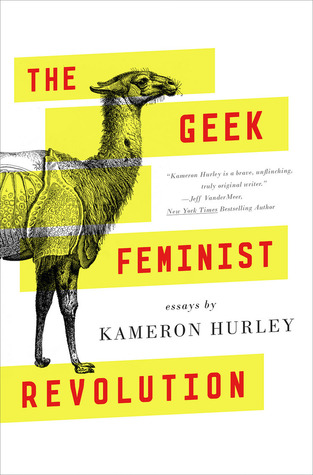
KAMERON: Revolution is a break from the status quo. An assault on the system. This can be a political revolution, a violent revolution (not my preference), a peaceful transfer of power, an abolition of current power structures. Revolution can also be quite personal—calling out an act of sexism or racism, refusing to participate in an immoral act that reinforces the status quo, refusing to carry out an order, refusing to serve a fascist, not complying with a request to detain an immigrant, even calling out a friend or colleague for perpetuating a stereotype.
Revolution on a grand scale requires us to find our people, to organize with others. But there are also the quiet, individual acts of resistance that groups can rally around—Rosa Parks refusing to sit at the back of the bus, suffragettes chaining themselves to park benches, a restaurant owner refusing to serve the mouthpiece of a fascist regime.
Resistance leads to revolution, and increasingly I’ve found that simply continuing to do our work, to speak up, to participate in interviews like this one, to create our podcasts and our essays and our stories, is also an act of resistance. The trolls that tried to shut me up with death threats early in my career have now become far more organized and vitriolic. They are desperate to silence us now more so than ever. The simple act of being here, of speaking up, of not looking away, of not repeating the party line, of voting, of protesting, of not being still, not shutting down … that makes them very angry.
And, you know, I’m a tank, so—I like to make them angry.
AMY: Sirens is about the remarkable, diverse women of fantasy literature. Would you please tell us about a woman—a family member, a friend, a reader, an author, an editor, even a character—who has changed your life?
KAMERON: I found the work of Joanna Russ to be transformative in many ways. I read a great deal of feminist science fiction in my early 20s, and I found Russ’s work to be the most blistering, the angriest, the most unapologetically revolutionary. She was full of a white-hot rage and not afraid to show it.
In particular, her story We Who Are About To … channeled that anger to its ultimate, grimly realistic end. I also saw a great deal of myself in her semi-autobiographical work, On Strike Against God, which helped me understand my own sexuality. No small feat!
Whenever I’m concerned something I’m writing is “too grim” or “too angry” I think of Russ. We should be unapologetically angry. The system isn’t made for us. It’s literally there to reduce our voices and power in the world. That should piss us all off.
Kameron Hurley is an award-winning author and advertising copywriter. Kameron grew up in Washington State, and has lived in Fairbanks, Alaska; Durban, South Africa; and Chicago. She has a degree in historical studies from the University of Alaska and a Master’s in History from the University of Kwa-Zulu Natal, specializing in the history of South African resistance movements.
Kameron is the author of the nonfiction collection The Geek Feminist Revolution, which contains her essay on the history of women in conflict “We Have Always Fought,” which was the first article to ever win a Hugo Award. It was also nominated for Best Non-Fiction work by the British Fantasy Society. Her nonfiction has appeared in numerous online venues, including The Atlantic, Bitch Magazine, Huffington Post, The Village Voice, LA Weekly, and Entertainment Weekly, and she writes a regular column for Locus Magazine. Kameron’s space opera, The Stars Are Legion, was published by Simon and Schuster’s Saga imprint in February 2017. Her epic fantasy series, the Worldbreaker Saga, is comprised of the novels The Mirror Empire, Empire Ascendant, and The Broken Heavens (forthcoming in March 2019). Additionally, her first series, The God’s War Trilogy, which includes the books God’s War, Infidel, and Rapture, earned her the Sydney J. Bounds Award for Best Newcomer and the Kitschy Award for Best Debut Novel. Kameron’s short fiction has appeared in magazines such as Popular Science Magazine, Lightspeed, Vice Magazine’s Terraform, EscapePod, and Strange Horizons.
Kameron has won two Hugo Awards and a Locus, and been a finalist for the Arthur C. Clarke Award, Nebula Award, and the BSFA Award for Best Novel. Her work has also been included on the Tiptree Award Honor List and been nominated for the Gemmell Morningstar Award. In addition to her writing, Kameron has been a Stollee guest lecturer at Buena Vista University and taught copywriting at the School of Advertising Art. Kameron currently lives in Ohio, where she’s cultivating an urban homestead.
For more information about Kameron, please visit her website or Twitter.
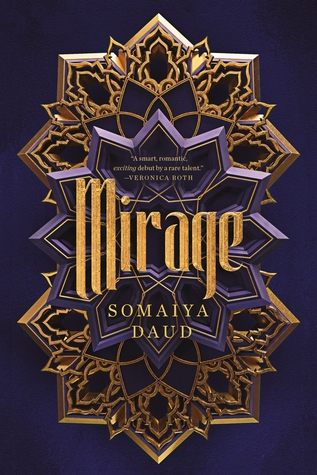






























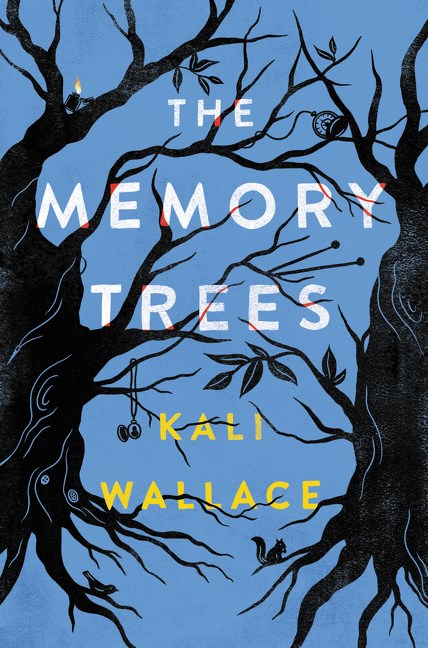
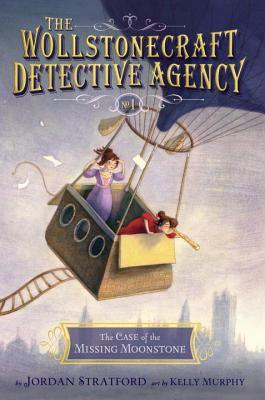
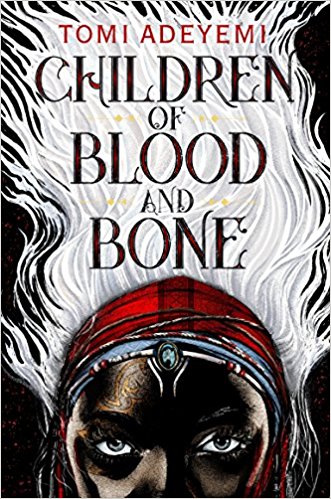
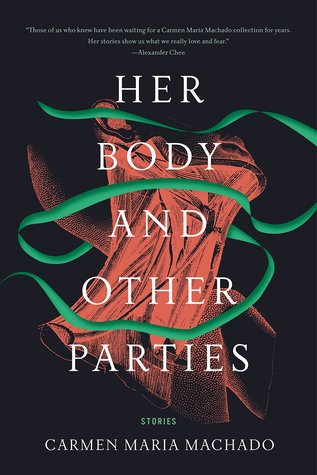
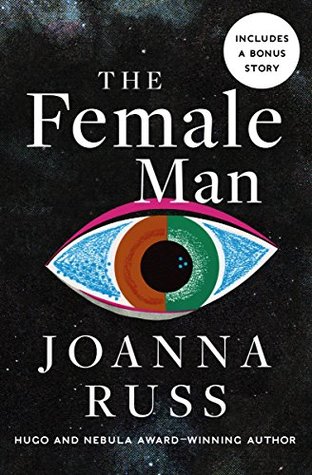
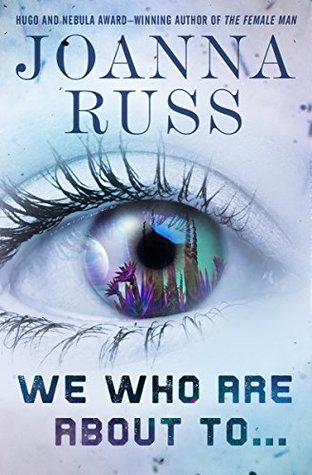
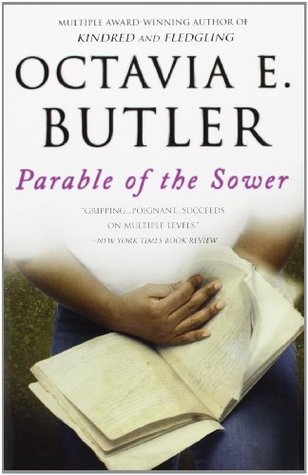
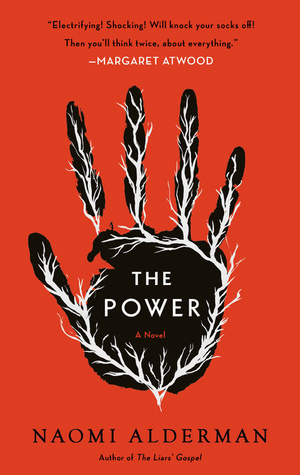
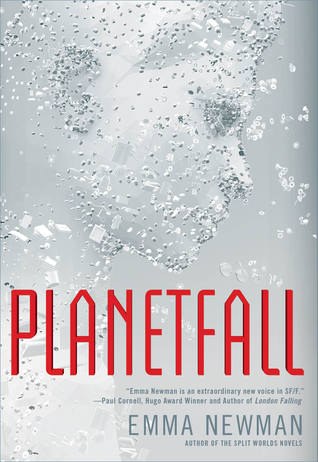
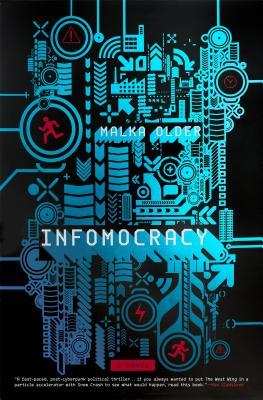
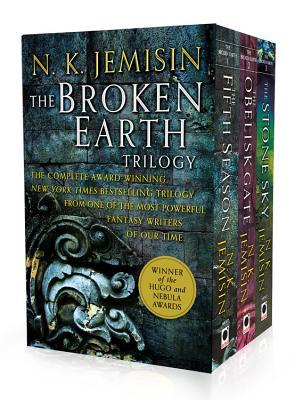
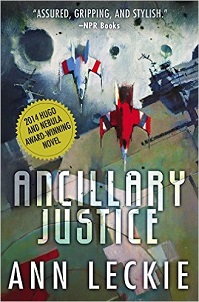
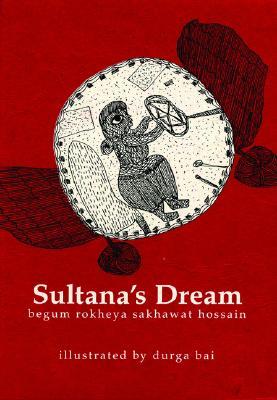
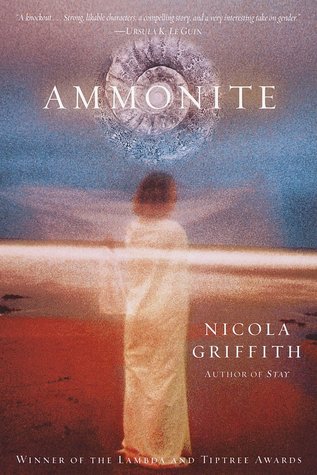
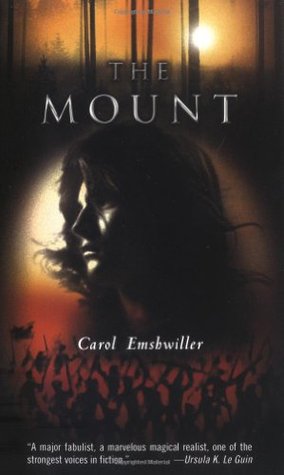
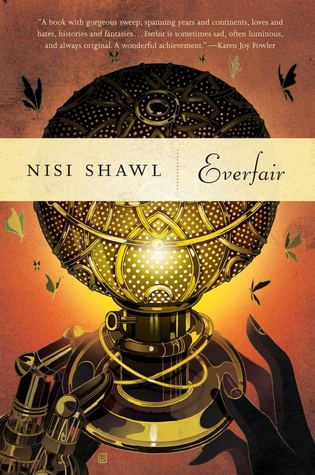
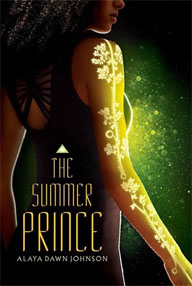
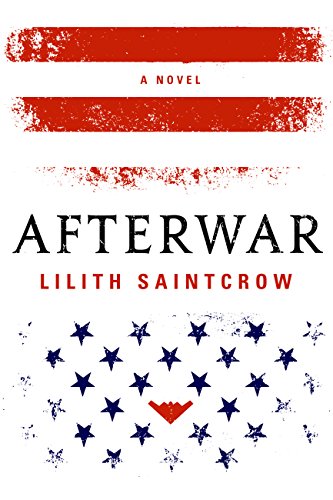
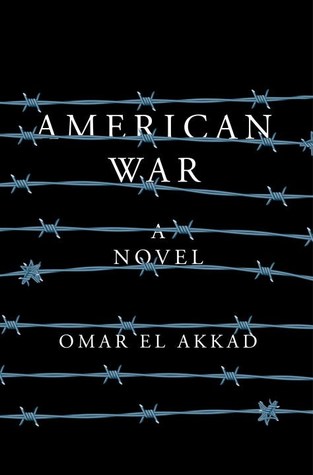





























Connect with the Sirens community
Sign up for the Sirens newsletter